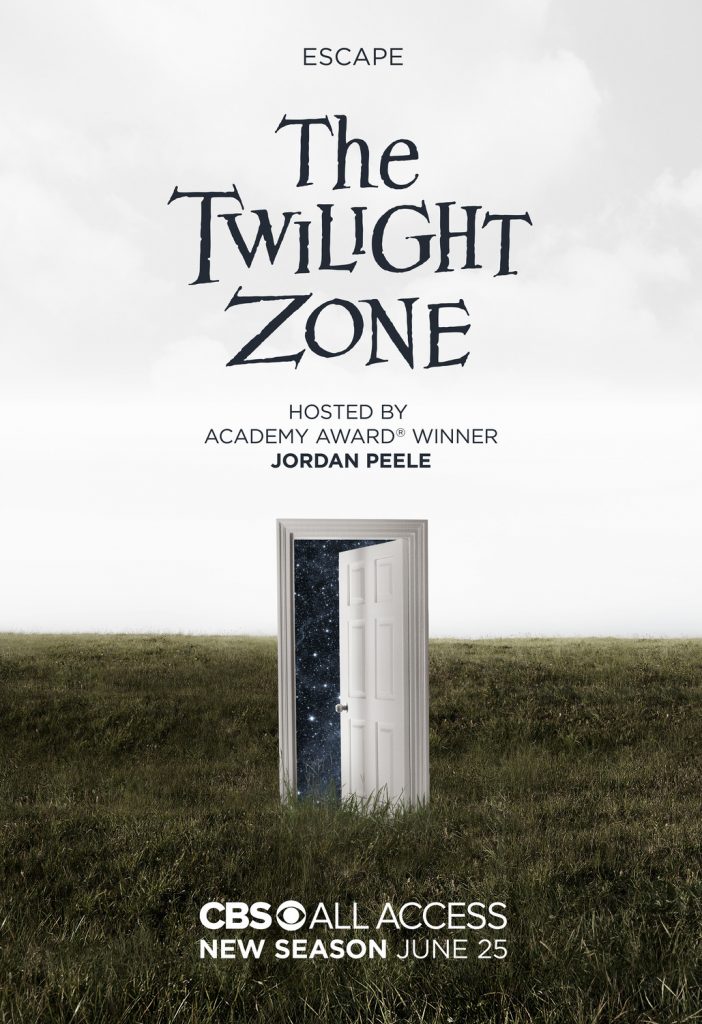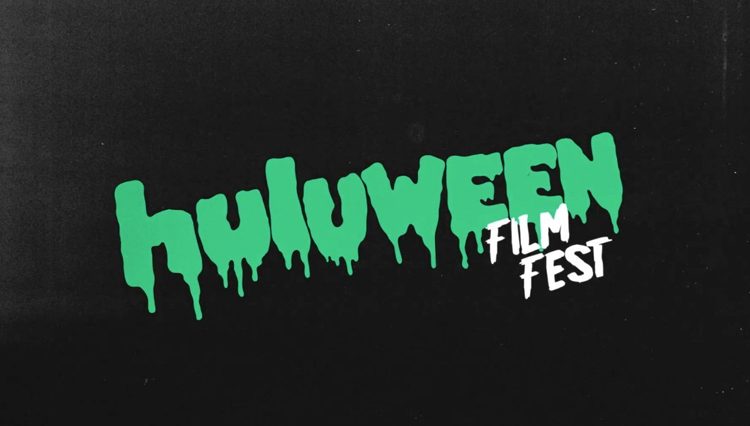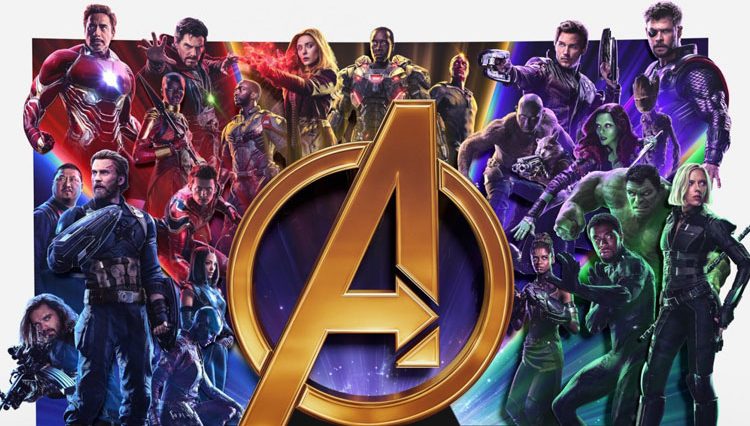The second season of the new TWILIGHT ZONE, now streaming over CBS All Access, is an improvement from the first season that was both praised and criticized by reviewers of equal share. The major complaint from the first season was that the stories were not up to expectations. Other reviewers were quick to point out that while Rod Serling established “wisdom fiction” with his 1959-1964 television program, the social commentary was repetitive and tiresome after a few episodes. Thankfully, this season wisely chose stories that fit the original Serling-mold and presented us with a wider variety of social commentary.
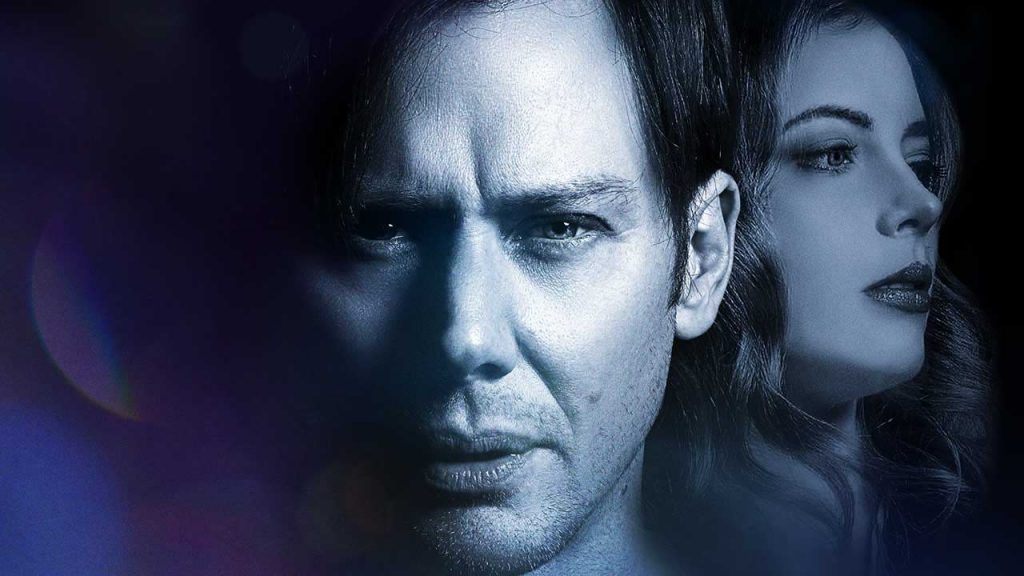
My personal complaint of the first season was that only the first episode lived up to THE TWILIGHT ZONE formula, the second was decent, and the rest of the season consisted of stories better suited for a remake of THE OUTER LIMITS. This time half of the episodes contain the type of material expected from THE TWILIGHT ZONE brand. The best of them is “A Small Town,” focusing on a man longing for the chance to improve the street decay of a small town, only to find himself with a unique opportunity to give the town a fresh coat of paint. Everything he does to the small-scale model of the entire town happens in real life. Potholes are filled, garbage is removed, and other miraculous feats prove he certainly has the whole town in his hands… until he discovers he also has the power to commit crimes.
I do have to admit the episode “Try, Try” was a fantastic episode, thanks to the performances of Topher Grace and Kylie Bunbury. Topher confesses he is stuck in a time loop, living every day over and over, and ultimately fell in love with Kylie. But his multiple attempts to impress her fail when she reveals the truth about fake love. Violation of typical love will only create a scenario doomed to failure.
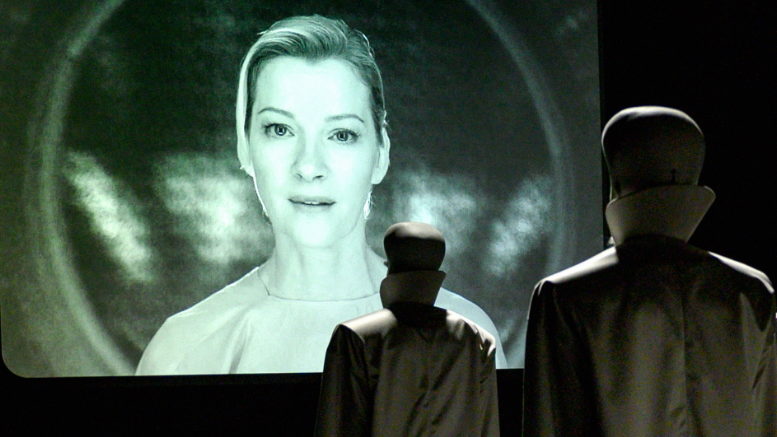
Even with a larger number of episodes offering a closer representation of THE TWILIGHT ZONE, the episodes are still hit-and-miss. The episode “8” is what many science-fiction scribes would describe as a concept story — the revelation at the end leaves us with nothing to dwell on except a perspective from a scribe whose credits include The X-Files. But beyond the concept, there is no purpose to this episode. “Downtime” and “A Human Face” are clearly OUTER LIMITS episodes questioning our realm of reality but ultimately fails because the life lesson was never emphasized — not judgment passed against the meek individual who had an opportunity to find redemption.
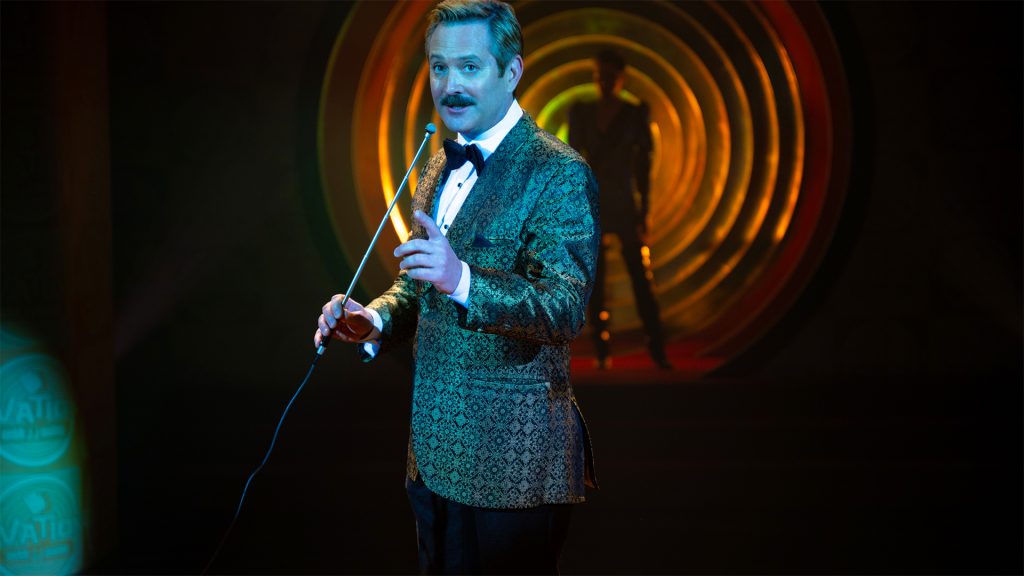
The final episode of the season, “You Might Also Like,” also provides a social commentary on American consumerism, but falls flat with no explanation of “why” and attempts to be a sequel to the classic episode, “To Serve Man.” The final episode of the season was the worst of the bunch but it seems reviewers are praising the terrible editing, directing, and writing.
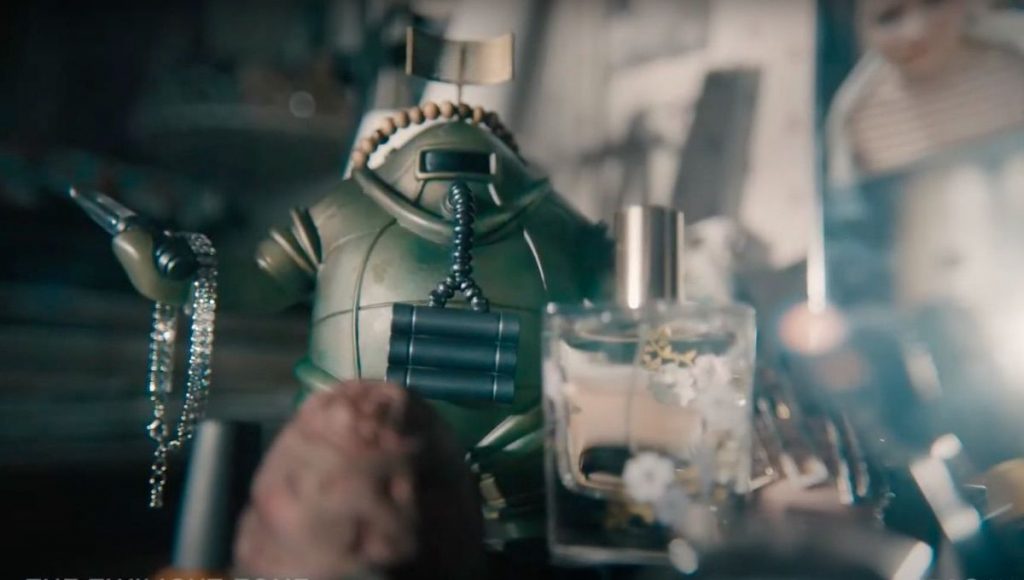
Sadly, the best parts of the second season are the Easter Eggs contained within most of the episodes, including cross-references to other episodes. Overall the second season was an improvement and maybe Jordan Peele listened to the feedback and made adjustments. It may even be that he attempted to replicate what made Black Mirror so good, based on the type of stories chosen for this second season. If he could heed the advice above, making more adjustments for the third season, he may have something even Rod Serling would admire.
The Twilight Zone is available on CBS All Access.
